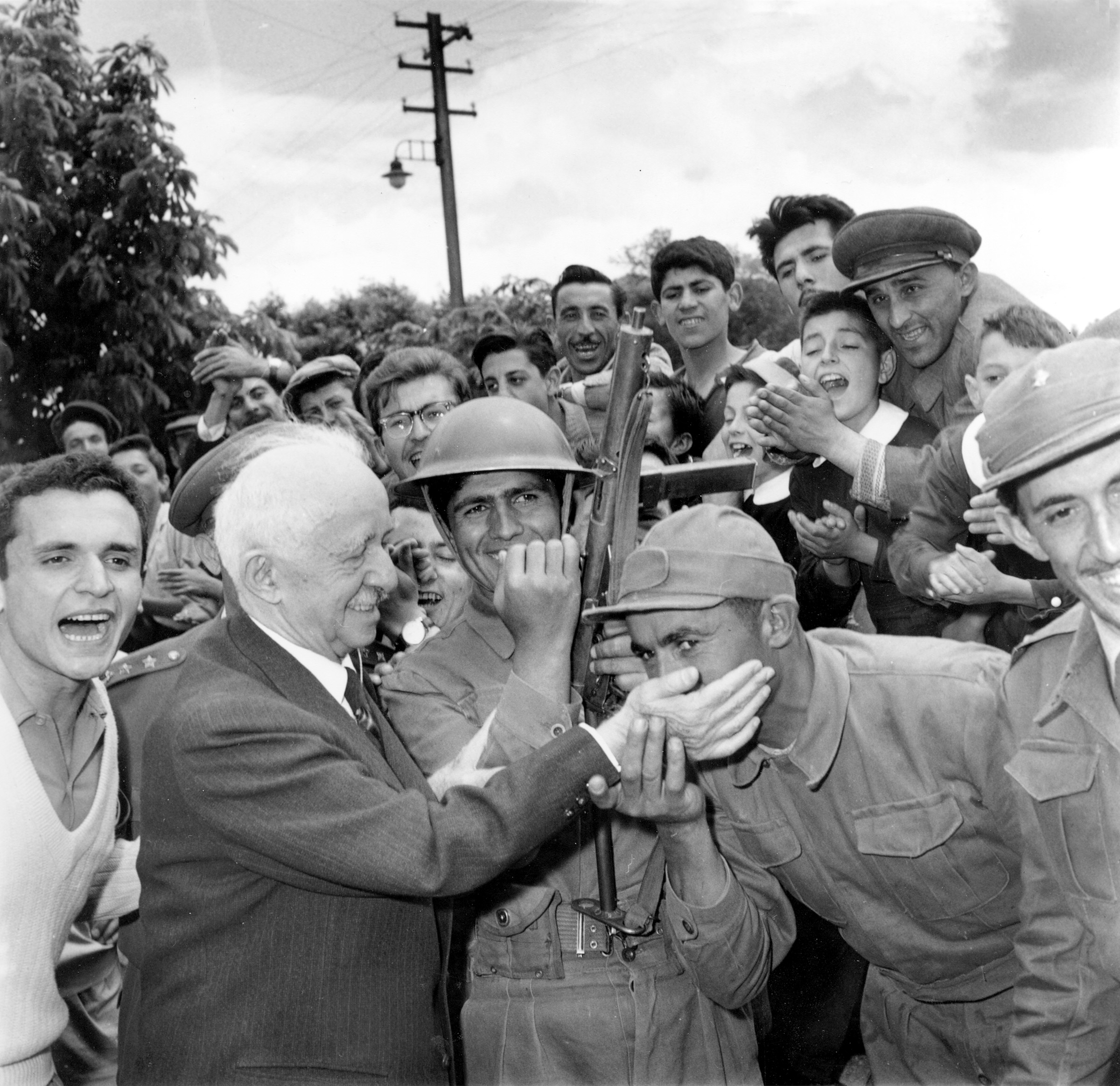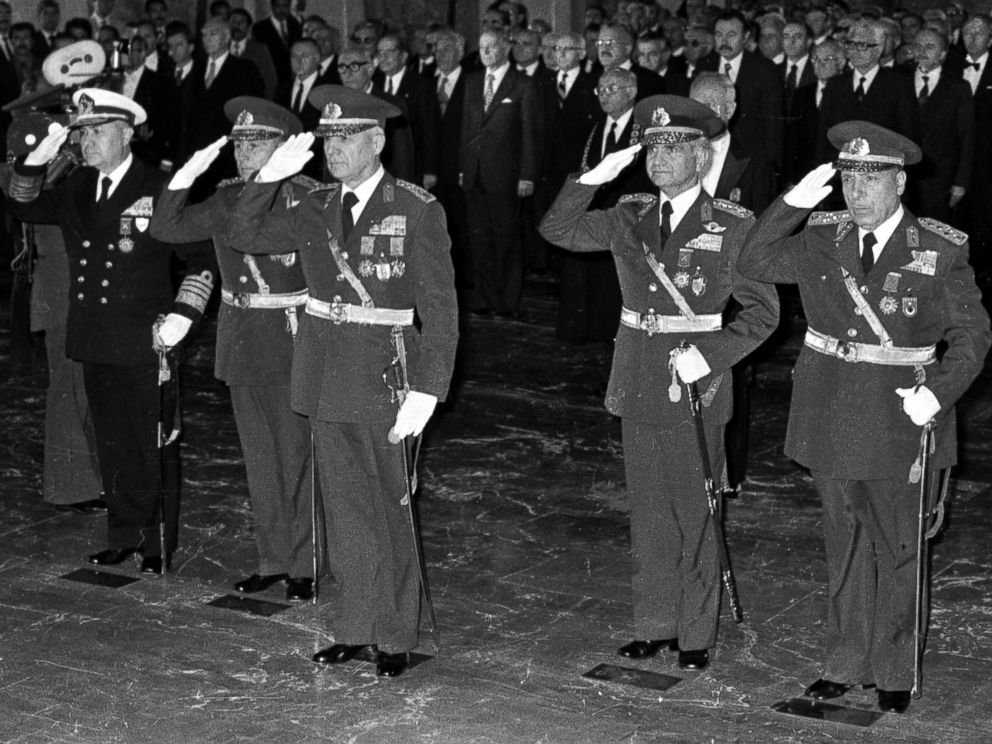Here's What You Need to Know About Turkey's History of Military Coups
This isn't the first time the military has tried to seize power in the country.
— -- A faction of the military in Turkey has attempted to take over the country's government in a coup, according to Turkish Prime Minister Binali Yildirim.
If the current coup attempt is successful, it would not be the first time the military has seized power in Turkey's recent history.
Modern Turkey was founded in 1923 by Mustafa Kemal Ataturk, who pushed for secularizing and "Westernizing" the largely Islamic country. Atarturk banned certain apparel, including headscarves, and converted the Turkish language from Arabic to Latin script.
The Turkish military has long seen itself as guardians of Ataturk's secularist agenda. During the second half of the 20th century, the military overtook the government several times after feeling the country was straying too far from modernist ideals.
Here's a brief timeline of military coups in Turkey:
1960 Coup
During this time, the government began to opening up to religion again. Thousands of mosques were reopened, singing the call to prayer in Arabic was legalized and new schools for religious personnel were created.
In response, a few dozen military officers launched a coup in May. The president, prime minister and several cabinet members at the time were arrested and tried for treason, among other alleged offenses.

The prime minister was executed the following year after military leaders convicted him of violating the country's constitution.
A military-dominated reign in the country lasted until around 1965, when control was finally handed back to citizens, who elected a new prime minister.
1971 Coup by Memorandum
A few years into the rule of newly elected Prime Minister Süleyman Demirel, a recession and widespread civil unrest empowered the growing Islamist movement.
Instead of using tanks and violence, the military responded by delivering a "coup by memorandum" in the form of an ultimatum to Demirel, whom they accused of driving the country into anarchy.
Demirel resigned, and the military asked a member of the right-wing, secularist Republican People's Party to form a caretaker government that lasted until 1974, when a new president was elected by the parliament.
1980 Coup
Turkey remained unstable throughout the '70s, which saw 11 different prime ministers take power in that time.
The military started a coup in September, when its officials announced that they were imposing martial law and taking over again.

The military's subsequent three-year reign was fraught with violence. Hundreds of thousands of people were detained, dozens executed and many opponents were reported tortured and missing.
A new constitution, which set new rules regarding presidential elections, was drafted and approved by the majority during a public referendum in 1982.
1997 Post-Modern Coup
In 1996, Necmettin Erbakan became Turkey's first Islamist prime minister.
The following year, the military again enacted a coup by memorandom, which forced the ruling party to enact anti-religious measures, including a headscarf ban at universities.
Erbakan was forced into resignation soon after.
2012 Conspiracy
In 2012, over 300 military officers were jailed over an alleged conspiracy to overthrow current President Recep Tayyip Erdogan.
Present
A coup attempt in Turkey began Friday, with a faction of the military taking over state TV there, saying they were imposing martial law and a curfew and reportedly attacking the police headquarters in the capital of Ankara, according to American and foreign officials.
It was not immediately clear who was behind the attempted coup or why a coup was being staged, but a broadcaster for state TV read a letter from a group calling itself the "Turkish peace council" and reports said that the Turkish chief of army was in detention.
Erdogan, Turkey's current president, has also hinted that a Turkish preacher who has been living in self-imposed exile in Pennsylvania may be involved. Erdogan has long blamed the moderate preacher, Fethullah Gulen, for leading a parallel state.
The president, whose whereabouts weren't immediately known on Friday, took to social media to urge supporters to take to the streets in defiance of the military.
"This is not a country that can be run from Pennsylvania," Erdogan said, referencing Gulen.
ABC News' Paul Blake, Jon Williams, Lee Ferran and Julia Jacobo contributed to this report.




